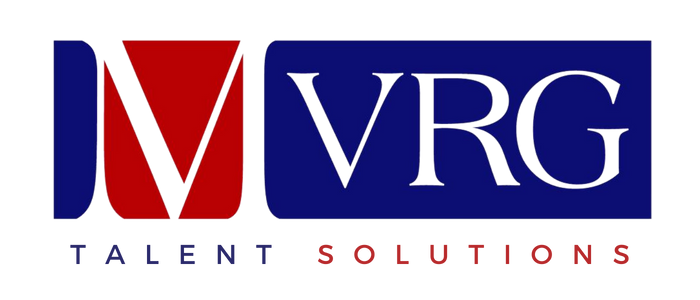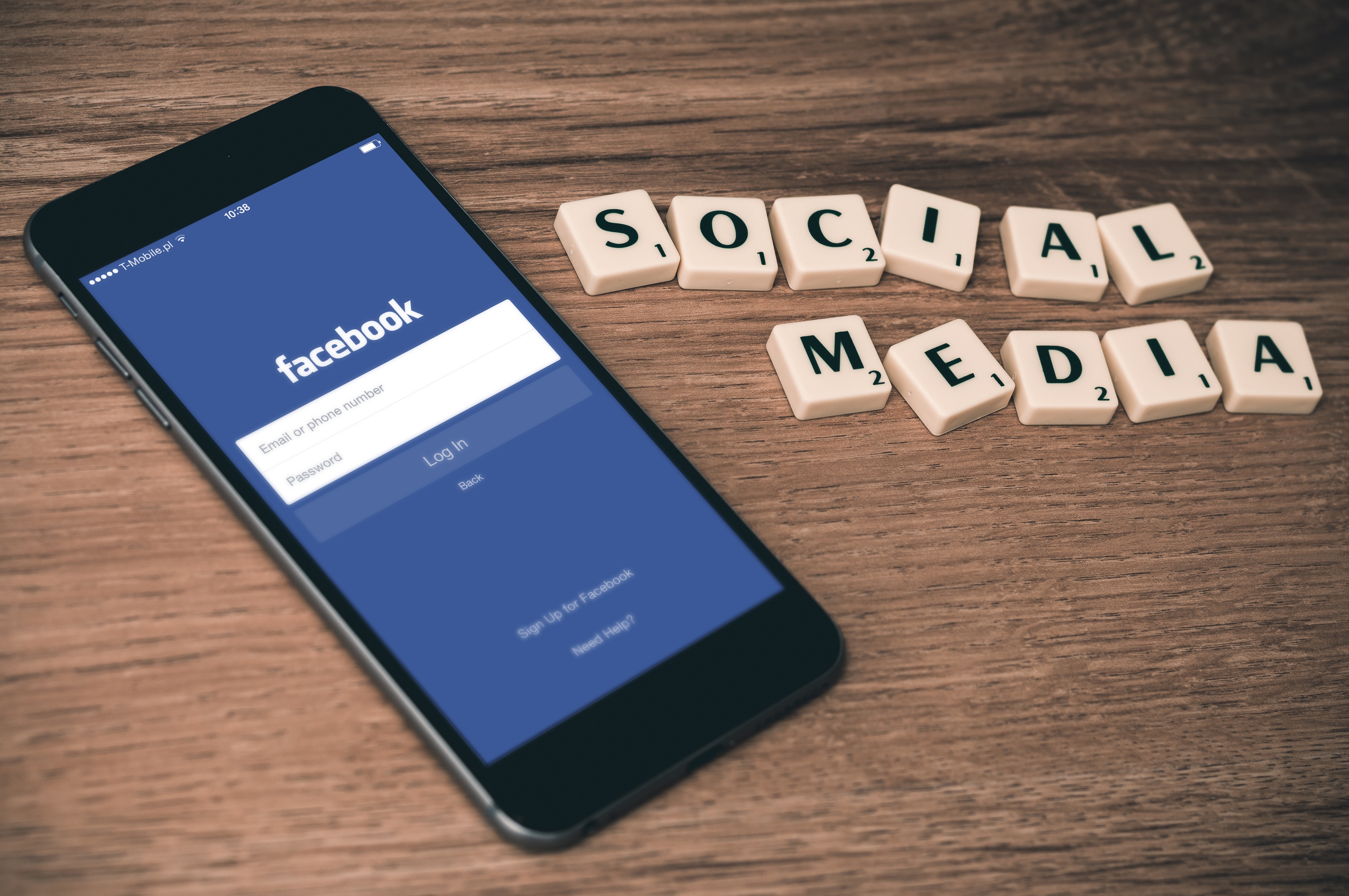Social media are computer mediated technologies that encourages sharing of ideas, information, career interests and other forms of information through virtual groups and networks (4). Social media differs from its counterparts such as paper based media (magazines and newspapers) and traditional electronic media (TV and radio) in many ways. One major difference between social media and traditional electronic media is “dialogues”. Some of the major social media websites that use dialogues as the primary communications are Facebook, LinkedIn, Pinterest, Twitter, Instagram, Reddit, Snapchat, WhatsApp, You Tube, etc. In the last few years there has been a boom in the usage of social media websites both for personal as well as professional networking. Social media websites such as Facebook, Twitter and LinkedIn are valuable resources to expand your networks outside your friends and colleagues. Similarly, various industries and companies are also using social media to market their products and services by creating personalized Facebook/twitter/LinkedIn pages.
Nowadays, most companies are very careful in using social networking sites.
When it comes to using social media, many companies are creating their own
guidelines and policies To protect their brand image. As an employee or a job seeker, it is your responsibility to know the do’s and don’ts of utilizing social media as a means of communication. Following are the social media guidelines that every professional should consider
- Create an Employer-Friendly Profile
When creating a social media profile, stop thinking so much of what your friends should think when they see it. Instead, think more of what employers might think when they see it. Your friends will always be there regardless of your profile, but employers may get rid of you if you don’t appear to be professional to them. Nowadays, employers, job recruiters, and company managers search for the social media profiles of their job candidates before they hire or shortlist them. An employer-friendly profile consists of:
- Show your professional details, skills, educational background, and job experience
- Avoid any vulgarity and profanity in your posts
- Remove Negative Content
Let’s just assume that you want to keep your social media profile clean. You avoid any vulgar and unprofessional comments or reviews. However, some negative comments and/or reviews as done by social media trolls cave their way to your social media page and affects your online presence. Employers, however, don’t have the luxury to investigate whether or not such bad comments came from you or the media trolls. Here is what you should do:
- Delete those negative comments immediately upon discovering any
- In the case of Facebook and Google+, you can block profiles coming from trolls
- Keep the employers from getting any bad impression on you
- Share Your Skills
Use the social media to promote your personal brand. For example, if you are a writer, advertise your blogs articles, write-ups or e-books, if any. If you are a photographer, show your photos and styles through presentations or online forums. Therefore, in your social media posts, you must emphasize a niche, so that the employers can easily discover the areas you are good at.
Sources:
https://www.workitdaily.com/social-media-guidelines-young-professionals/
http://mashable.com/2010/07/02/professional-social-networking/#i5bU2S5opSqf
https://econsultancy.com/blog/5049-16-social-media-guidelines-used-by-real-companies/
https://en.wikipedia.org/wiki/Social_media

